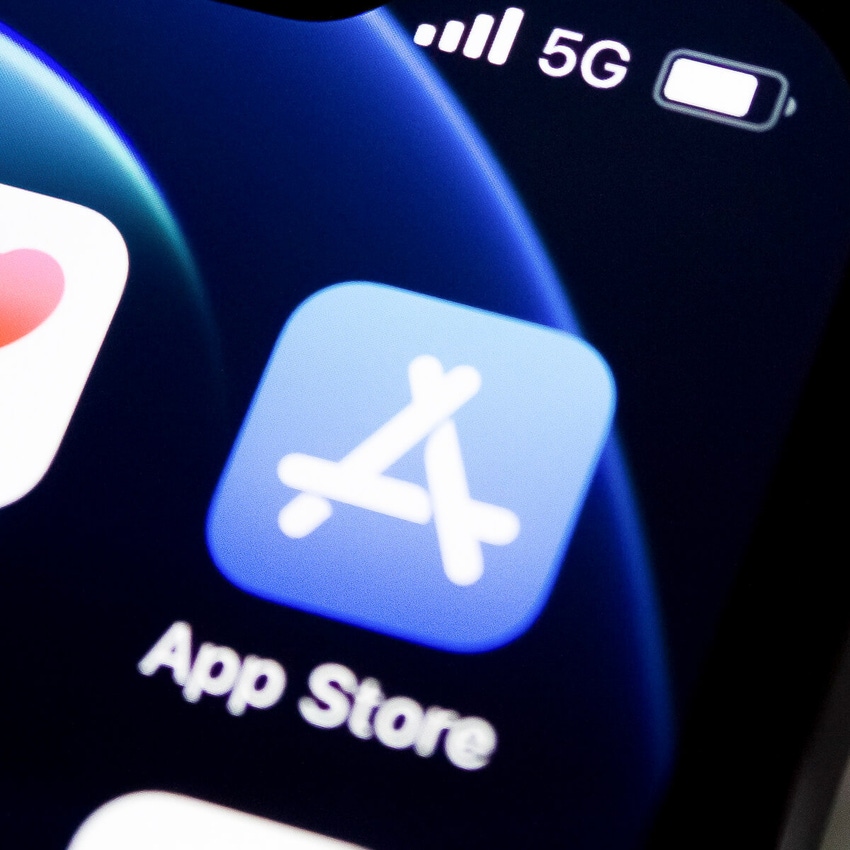Korea has stolen a march on the rest of the world with the first law to compel Google and Apple to allow other payment systems in their app stores and apps.

Korea has stolen a march on the rest of the world with the first law to compel Google and Apple to allow other payment systems in their app stores and apps.
The new law, passed Tuesday, bans the two platform giants from mandating use of their own in-app payment systems, with fines of up to 3% of local revenue for breaches.
In response, Google has said it will comply with the law, but argues its commission fees allow it to keep its Android operating system free and ensure developers have access to the world's 2.5 billion Android phone users.
Figure 1:  Time's up: Korea has taken the lead in the race to force the tech giants to open up their payments systems.
Time's up: Korea has taken the lead in the race to force the tech giants to open up their payments systems.
(Source: Apple)
Apple is arguing that the loss of its payments monopoly puts users at risk of fraud and potential loss of privacy.
Korean lawmakers moved to draft the legislation a year ago after Google said it would expand its payment system to all forms of digital content, not just games.
Although the law was approved overwhelmingly by the National Assembly, it had aroused opposition from some developers and politicians who feared it might spark a trade dispute with the US, Korea Herald reported Wednesday.
First among many
The Korean law isn't the only measure tackling the abuses arising out of the Google and Apple dominance of the apps market and platforms.
On the legal side is a California class action brought by smaller developers who claim Apple has been exploiting its monopoly power with its commissions of up to 30%.
Just last week Apple announced a settlement that eases some fees and restrictions on developers, including its previous monopoly on communication with customers.
Meanwhile, a weightier case between the two giants and Epic Games, the publisher of Fortnite, is still to be decided. It was triggered by Epic introducing its own payment system into one of its games, prompting its expulsion from both app stores in August last year.
Want to know more about the cloud? Check out our dedicated cloud-native networks and NFV content channel here on Light Reading.
Among other things, the case has revealed that Apple derives most of its App Store revenue from gaming apps. Last year, App Store sales topped $64 billion, according to a CNBC analysis.
On the legislative front, the US Senate last month introduced the Open App Markets Act, which like the Korean law would also allow developers to use their own payment system.
The EU has drafted the Digital Markets Act that would serve as a body of antitrust law for the digital economy, though it is not expected to pass for some years.
Earlier this year, the European Commission made a "preliminary finding" that Apple acts as a gatekeeper in the music streaming market, forcing up prices and distorting competition.
Related posts:
— Robert Clark, contributing editor, special to Light Reading
Read more about:
AsiaAbout the Author(s)
You May Also Like










